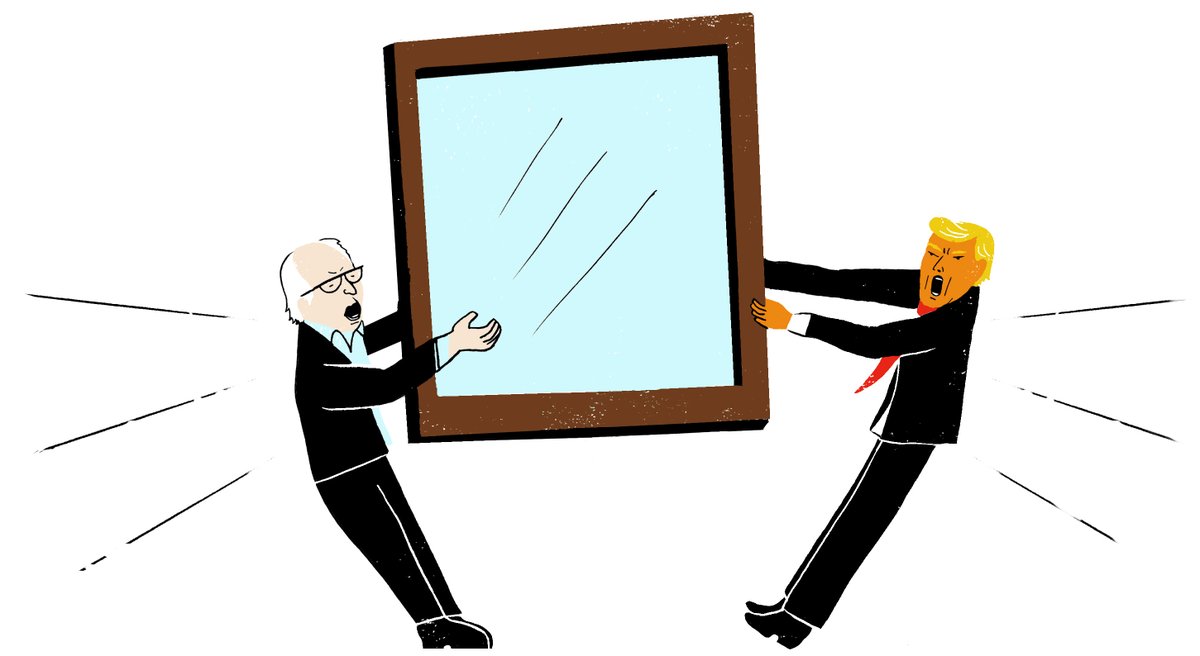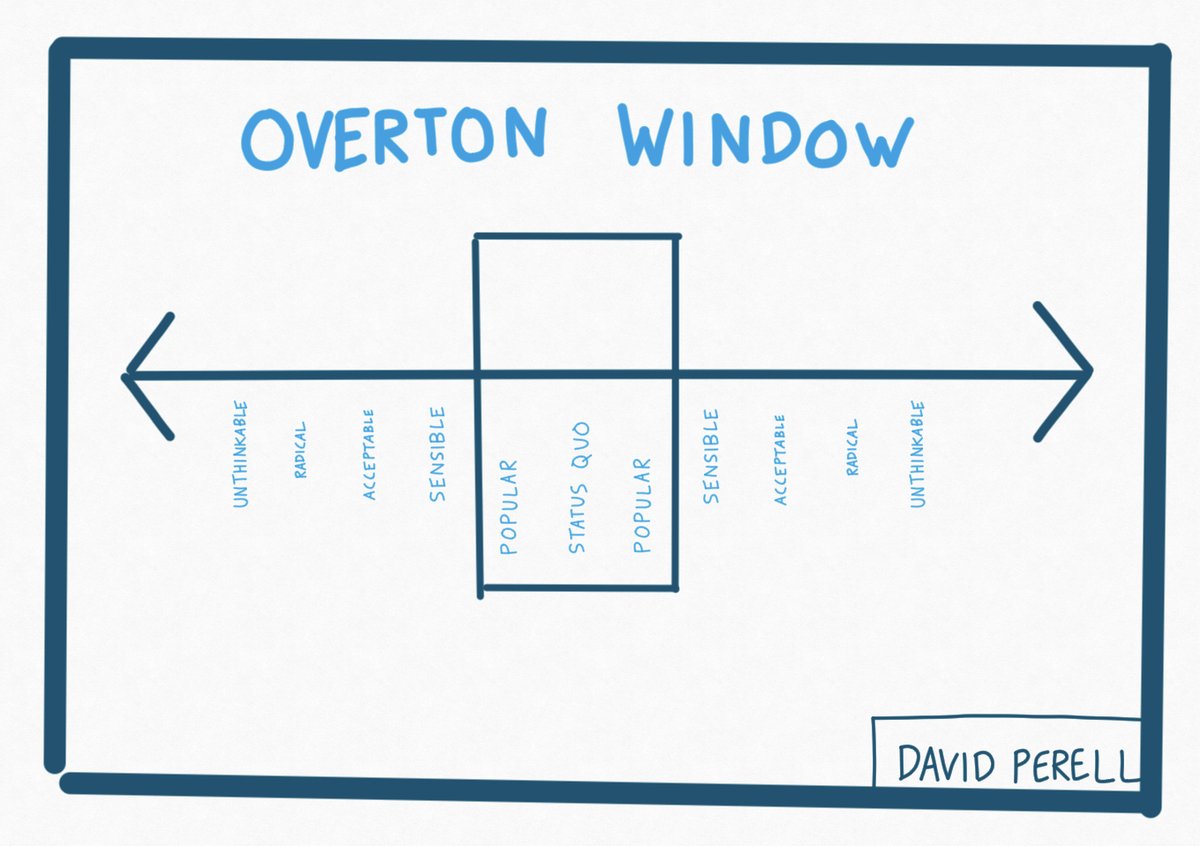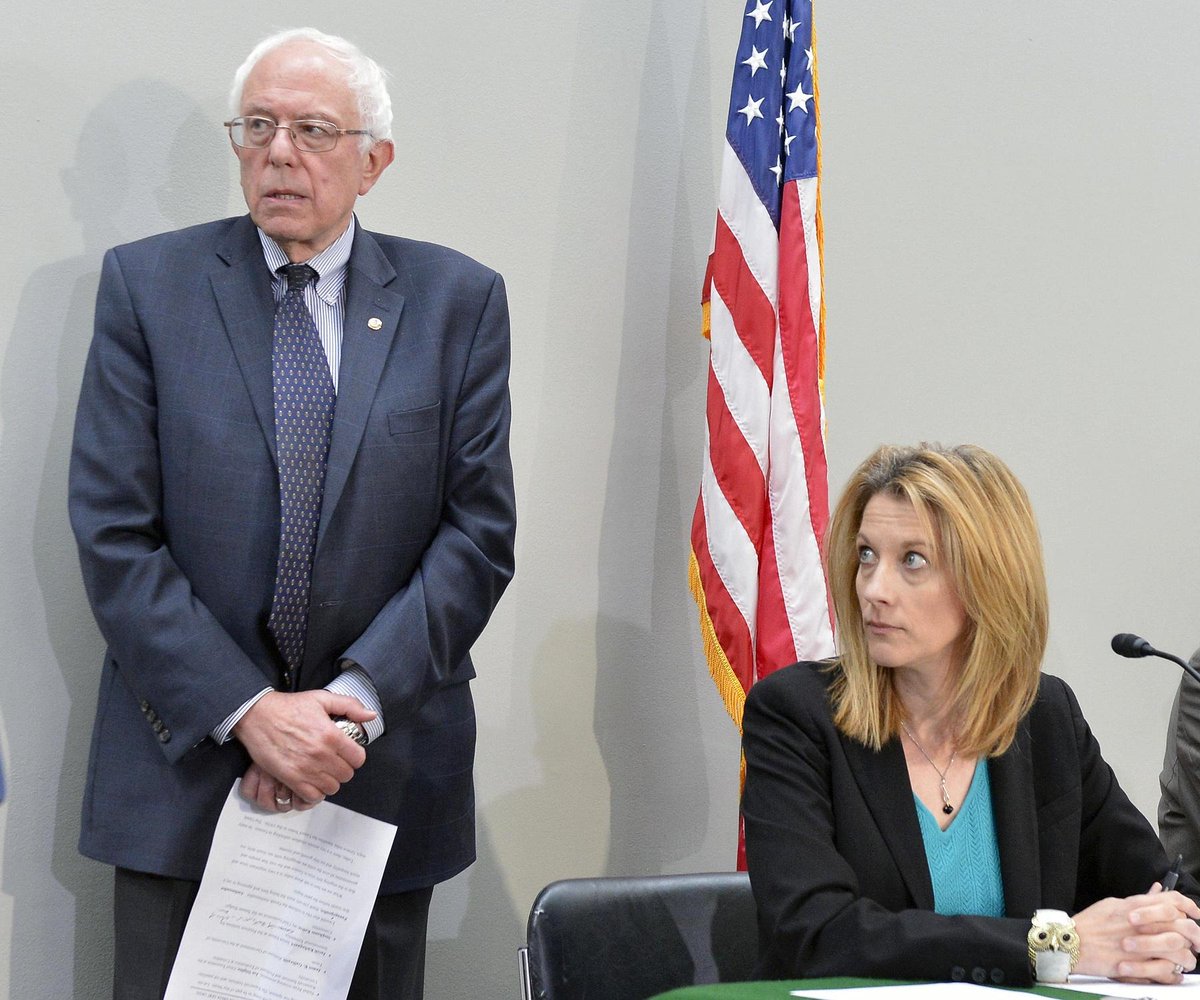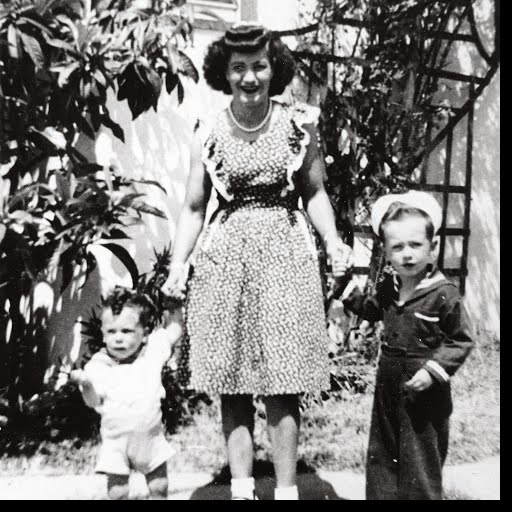
Overton Window 101
In 2020, as previously obscure and extreme policy actions have gained mainstream support, it appears the Overton Window has shifted.
But what is the "Overton Window" and how does it work?
Here's Overton Window 101!
👇👇👇
In 2020, as previously obscure and extreme policy actions have gained mainstream support, it appears the Overton Window has shifted.
But what is the "Overton Window" and how does it work?
Here's Overton Window 101!
👇👇👇

1/ First, a few definitions.
The "Overton Window" is the range of policies that are politically acceptable to the mainstream in a given society at a given moment.
If you place all policies on a spectrum of extremes, the Overton Window covers a subset of that spectrum.
The "Overton Window" is the range of policies that are politically acceptable to the mainstream in a given society at a given moment.
If you place all policies on a spectrum of extremes, the Overton Window covers a subset of that spectrum.
2/ The term is named after Joseph Overton, the late executive at the Mackinac Center for Public Policy, a free-market, small-government think tank.
As part of fundraising for the organization, Overton created a brochure for potential donors explaining the role of a think tank.
As part of fundraising for the organization, Overton created a brochure for potential donors explaining the role of a think tank.

3/ In the brochure, Overton argued that politicians only propose policies that fall within the window of what is politically acceptable to the mainstream at that moment in time.
The role of a think tank, therefore, is to propose ideas outside the window in hopes of shifting it.
The role of a think tank, therefore, is to propose ideas outside the window in hopes of shifting it.
4/ So it was that the Overton Window was born.
The viability of a proposed policy is highly dependent on whether or not it falls within the current range.
Importantly, the Overton Window is not fixed, but dynamic.
Let's look at a simple illustration to show how this works.
The viability of a proposed policy is highly dependent on whether or not it falls within the current range.
Importantly, the Overton Window is not fixed, but dynamic.
Let's look at a simple illustration to show how this works.
5/ On any policy matter, we can place potential responses on a spectrum from "Unthinkable" on one extreme to "Unthinkable" on the other extreme.
The Overton Window covers a subset on either side of the status quo.
This illustration from @david_perell captures it nicely.
The Overton Window covers a subset on either side of the status quo.
This illustration from @david_perell captures it nicely.

6/ The window is dynamic.
It can widen symmetrically or asymmetrically, moving beyond the popular to cover the sensible or acceptable.
Ideas can move on the spectrum (i.e. become less extreme in the public eye) to fall within the window.
It sways with the political winds.
It can widen symmetrically or asymmetrically, moving beyond the popular to cover the sensible or acceptable.
Ideas can move on the spectrum (i.e. become less extreme in the public eye) to fall within the window.
It sways with the political winds.
7/ The concept of the Overton Window is foundational to the strategies that politicians and policymakers on both sides of the aisle have developed and executed in recent years.
Let's look at some examples of how it comes into play and impacts the economy, markets, and our lives.
Let's look at some examples of how it comes into play and impacts the economy, markets, and our lives.

8/ Progressive Economic Policy?
MMT and other progressive policies (e.g. Medicare for All, 70%+ marginal tax rates) are classic examples of a long-term shift in the Overton Window.
Once viewed as wildly radical ("Unthinkable"), they appear to be entering the general lexicon.
MMT and other progressive policies (e.g. Medicare for All, 70%+ marginal tax rates) are classic examples of a long-term shift in the Overton Window.
Once viewed as wildly radical ("Unthinkable"), they appear to be entering the general lexicon.
9/ How did the Overton Window shift in this way?
It was gradual - the result of long-term efforts from policymakers and economists set against a backdrop of rising economic inequality.
You can disagree with the policies, but it is undeniable that the Overton Window has shifted.
It was gradual - the result of long-term efforts from policymakers and economists set against a backdrop of rising economic inequality.
You can disagree with the policies, but it is undeniable that the Overton Window has shifted.

10/ While this (and most) examples of shifts in the Overton Window happen gradually, they can also happen abruptly.
Example: Helicopter Money.
Milton Friedman's parable of a helicopter dropping money to the people felt like an extreme thought experiment, not a future reality.
Example: Helicopter Money.
Milton Friedman's parable of a helicopter dropping money to the people felt like an extreme thought experiment, not a future reality.

11/ But in 2020, a deflationary "Black Swan" event - COVID-19 and the ensuing lockdowns - precipitated an abrupt shift in the Overton Window.
The notion of direct checks from the government to the people became mainstream.
Even Republican "budget hawks" got behind the idea.
The notion of direct checks from the government to the people became mainstream.
Even Republican "budget hawks" got behind the idea.
12/ Historically, economic shocks have a tendency to rapidly shift the Overton Window.
The roots of current mainstream public sentiment on bailouts and aggressive Central Banking policy can be found in times of economic shock.
There will be more examples in the years ahead.
The roots of current mainstream public sentiment on bailouts and aggressive Central Banking policy can be found in times of economic shock.
There will be more examples in the years ahead.
13/ So as we recover from this shock, keep an eye on the Overton Window and its shifts.
A few policy areas to watch for as they teeter on the edge of the Overton Window:
1⃣ Central Bank Digital Currencies
2⃣ Big Tech Breakups
3⃣ Dissolution of the 2-Party System
A few policy areas to watch for as they teeter on the edge of the Overton Window:
1⃣ Central Bank Digital Currencies
2⃣ Big Tech Breakups
3⃣ Dissolution of the 2-Party System
14/ This was an (admittedly) America-centric discussion, but the Overton Window applies globally.
I would love to hear from my international followers with examples of shifts from other countries!
So that was Overton Window 101. I hope it was useful.
I would love to hear from my international followers with examples of shifts from other countries!
So that was Overton Window 101. I hope it was useful.
15/ If you're interested in learning more on this topic, I recommend the articles below, all of which were instructive in developing my own understanding.
time.com/5735384/capita…
nytimes.com/2019/02/26/us/…
democracyjournal.org/arguments/bold…
time.com/5735384/capita…
nytimes.com/2019/02/26/us/…
democracyjournal.org/arguments/bold…
16/ And for more educational threads on business, money, finance, and economics, check out my meta-thread below. I generally only post 2x per week, so please turn on post notifications so you never miss a thread.
https://twitter.com/SahilBloom/status/1284583099775324161
• • •
Missing some Tweet in this thread? You can try to
force a refresh











